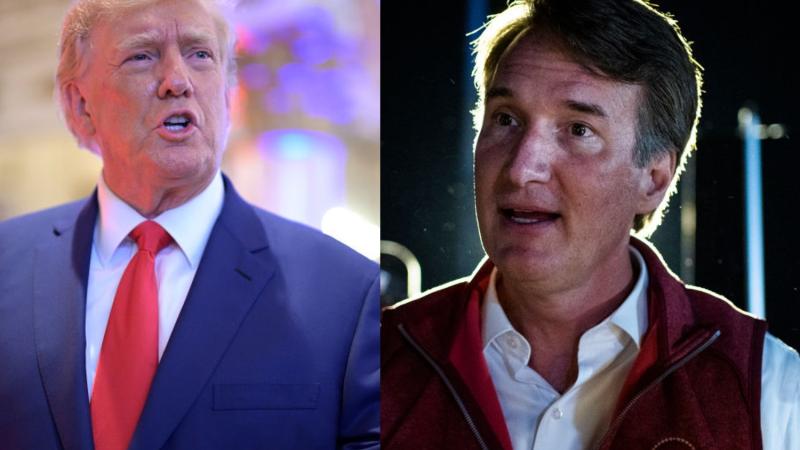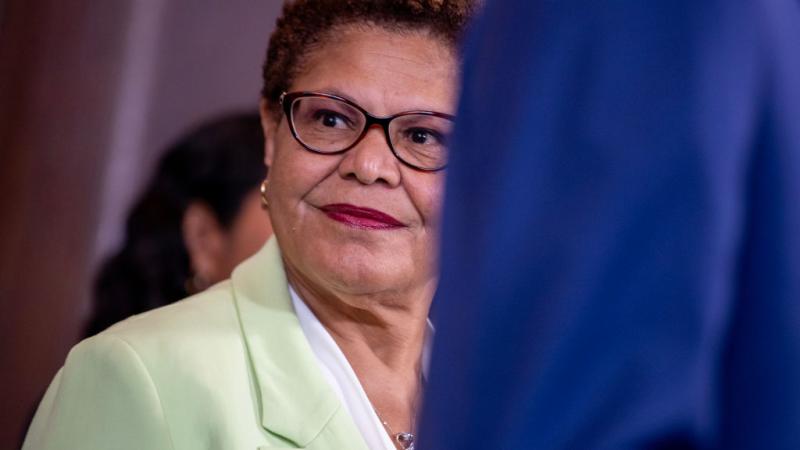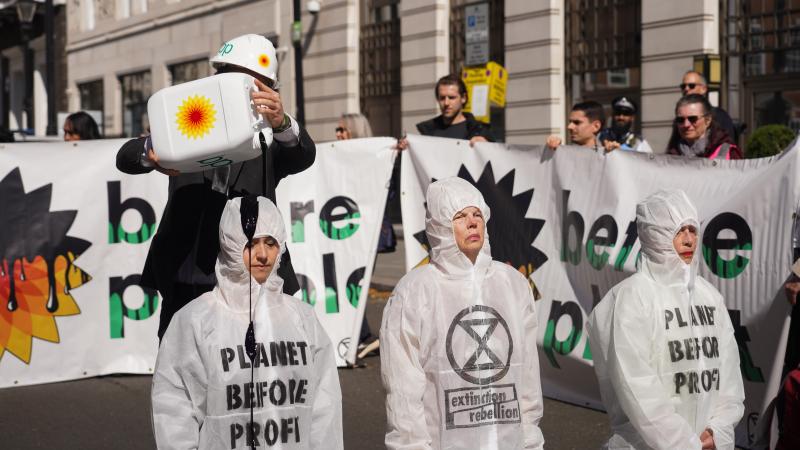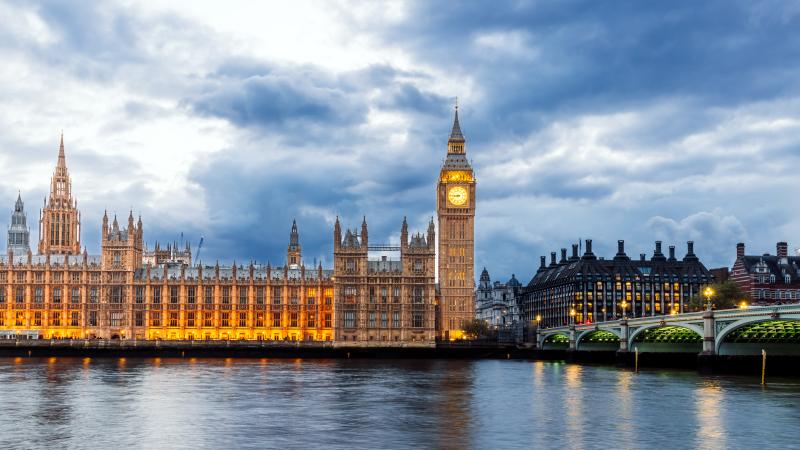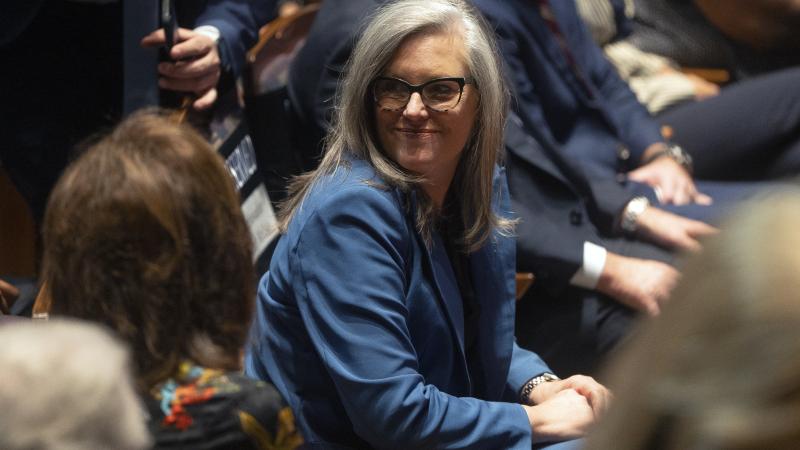Senators, including former astronaut, introduce bill to make low-Earth orbit safer
“As the commercial space industry continues to grow, we need to safely track and manage objects in orbit to prevent collisions,” said former NASA astronaut and current U.S. Sen. Mark Kelly, D-Arizona.
(The Center Square) -
U.S. senators, including a former astronaut, want to make outer space safer.
They've introduced a bipartisan bill to help track space junk in low Earth orbit and increase international collaboration in space. The legislation, called the Situational Awareness of Flying Elements in Orbit Act or SAFE, would create a public database for tracking satellites and other objects in an increasingly commercially-operated sector.
“As the commercial space industry continues to grow, we need to safely track and manage objects in orbit to prevent collisions,” said former NASA astronaut and current U.S. Sen. Mark Kelly, D-Arizona. “I’ve had to directly deal with the consequences of orbital debris, and I know it’s critical we provide the tools to empower scientists and innovators to successfully explore this critical frontier and strengthen American leadership in space.”
The SAFE bill would develop a public database to track satellites and prevent high-speed incidents in low-Earth orbit – the section of space within 1,200 miles of Earth where the International Space Station, as well as 10,000 satellites, operate.
The U.S. government, operating through the Office of Space Commerce, would be immune from legal action for use of this tracking data.
As commercial activity increases in low-Earth orbit, the potential for collision between satellites grows.
Thousands of defunct satellites are joined in this space by an estimated 100 million small pieces of debris, according to Siamak Hesar, co-founder and CEO of Kayhan Space. Hesar has supported NASA missions as a flight dynamics engineer and space situational awareness specialist.
In the coming years, these numbers of objects in low-Earth orbit are expected to skyrocket and create a dangerous and costly field of high-speed space traffic. Hesar said low-Earth orbit congestion will likely increase substantially.
“Commercial space objects in low-Earth orbit can help scientists make new discoveries and spur technological innovation, but this hinges on the ability to conduct safe and effective space traffic coordination,” said U.S. Sen. John Cornyn, R-Texas. “The SAFE Orbit Act would prevent dangerous and costly accidental collisions in low-Earth orbit and improve access to data collection and analysis to help propel the United States into the next phase of space exploration.”
Supporters of the SAFE bill have highlighted how it would strengthen U.S. presence in space.
“The world is entering a new space race, and we must equip American innovators with every resource to win,” said U.S. Sen. Marsha Blackburn, R-Tennessee.
But the bill also encourages international cooperation to share satellite data and help the public database track as many objects as possible.
“As we enter this new frontier, we must be certain that we prioritize safety and coordination with our partners around the globe," Blackburn said.
Besides senators from Arizona, Texas and Tennessee, the bill is being introduced by U.S. Sens. Gary Peters, D-Michigan; Eric Schmitt, R-Missouri; Roger Wicker, R-Mississippi; Ben Ray Luján, D-New Mexico, and John Hickenlooper, D-Colorado.

